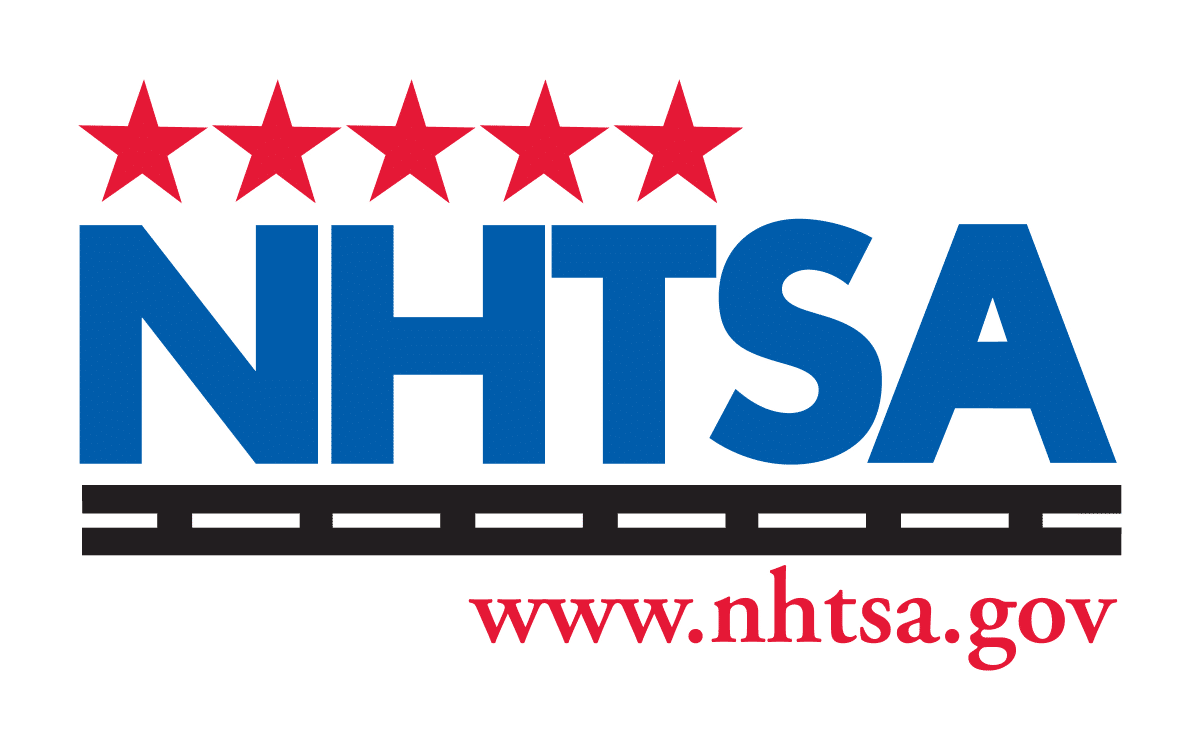 The unprecedented deal between the National Highway Traffic Safety Administration (NHTSA), the Insurance Institute for Highway Safety and 20 automakers to voluntarily make automatic emergency braking systems standard on their cars by 2022 actually undercuts auto safety.
The unprecedented deal between the National Highway Traffic Safety Administration (NHTSA), the Insurance Institute for Highway Safety and 20 automakers to voluntarily make automatic emergency braking systems standard on their cars by 2022 actually undercuts auto safety.
As Congress said in 1966, when it created NHTSA: ‘The promotion of motor vehicle safety through voluntary standards has largely failed.”
After the faulty GM ignition-switch and Toyota brake problems that took so many lives, after the Hyundai and VW fuel-economy scandals, you'd think NHTSA would have learned that allowing the automobile industry to regulate itself through secret agreements is a threat to the public health and safety.
The new AEB standards aren’t enforceable and there is no penalty if the automakers fail to deliver. NHTSA Administrator Mark Rosekind got snookered by the industry. The agency should set meaningful safety standards and enforce them. That’s what the law requires.
You might get an idea of how weak the standards are when you consider what happened at the news conference last week announcing the deal. A witness told us that a Cadillac demonstrating its automatic braking system crashed twice into the simulated vehicle in front of it.
Automatic Emergency Braking (AEB) is a set of three technologies that use combinations of radar, lidar (reflected laser light) and cameras to prevent collisions. They include:
• Forward Collision Warning alerts a motorist (via audio or visual signals) that a collision with a car in front is imminent.
• Crash Imminent Braking intervenes when the driver does not respond to the Forward Collision Warning; it automatically applies the brakes to prevent a collision or reduce the vehicle’s speed at impact.
• Dynamic Brake Support applies supplemental braking when the braking applied by the driver is insufficient to avoid a collision.
 Making AEB safety technologies required standard equipment with a rulemaking is the only way to ensure that the technologies are rapidly and uniformly deployed and that all motorists are protected by available safety technologies, not just those in higher income brackets.
Making AEB safety technologies required standard equipment with a rulemaking is the only way to ensure that the technologies are rapidly and uniformly deployed and that all motorists are protected by available safety technologies, not just those in higher income brackets.
Consumer Watchdog, the Center for Auto Safety and Joan Claybrook, former NHTSA Administrator and now President Emeritus of Public Citizen have petitioned NHTSA to open a formal rulemaking to set automatic emergency braking standards. NHTSA needs to do its job, put safety first and set enforceable standards, not get in bed with the industry it’s supposed to regulate.

